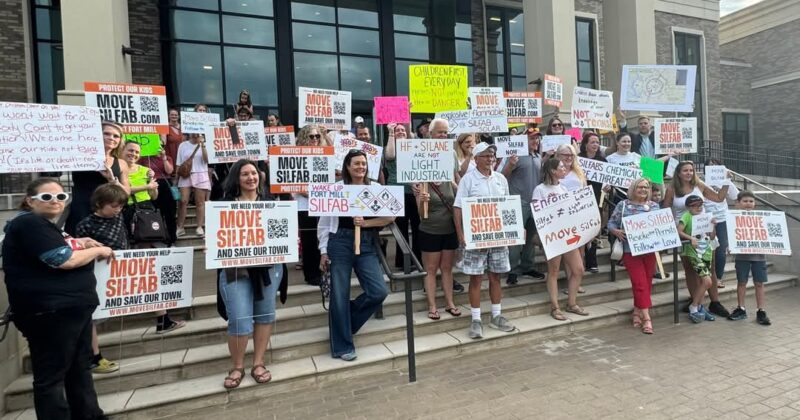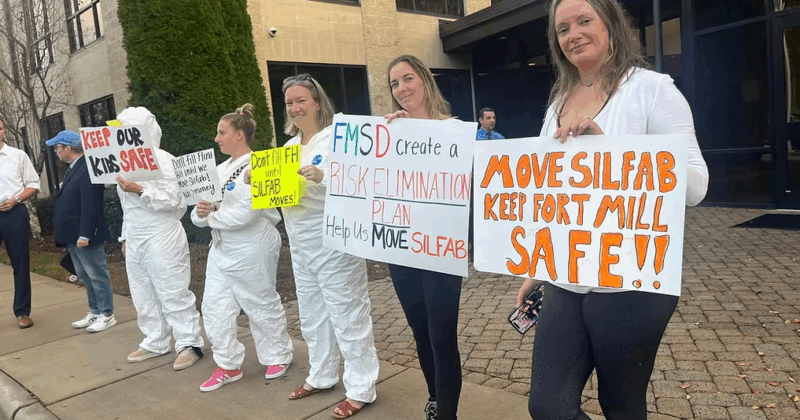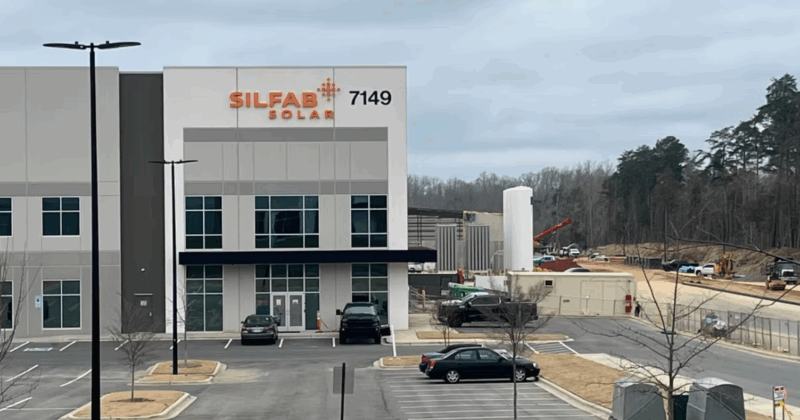
Ignoring South Carolina’s Zero-Based Budgeting Law: The Governor, the General Assembly and all State Agencies
As a kid, do you remember when your dad gave you an allowance and said, 'This is all you are getting, so make it last'? A simple command to follow, and for the most part, you did as you were told. This rationale clearly does not apply to South Carolina’s treatment of its fiscal responsibilities. Enacted in 1979 through Act No. 199, Part II, Section 8 (codified as Section 2-7-65), zero-based budgeting was designed to prevent unchecked spending growth by requiring agencies to justify every dollar from scratch each year. For nearly 30 years, this law served South Carolinians well, promoting efficiency and protecting taxpayer dollars. However, since 2009—amid the Great Recession—elected officials have ignored this mandate, reverting to incremental budgeting that justifies only new spending. This failure has allowed the state budget to balloon exponentially, eroding public trust and burdening future generations with unsustainable debt and taxes.
Proof of Exponential Budget Growth Due to Non-Adherence (Since 2008)
The unchecked growth in...









